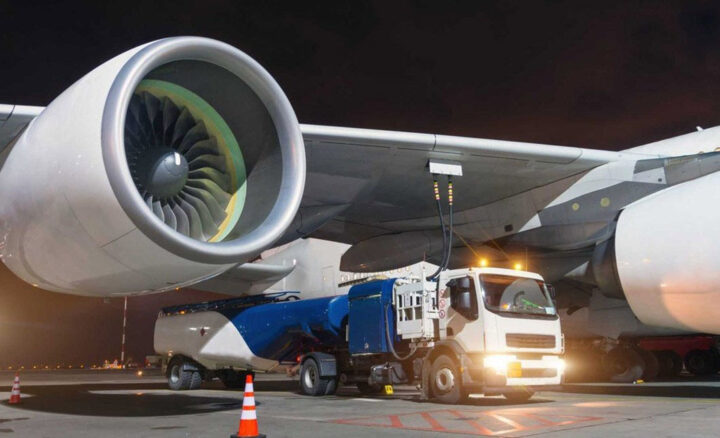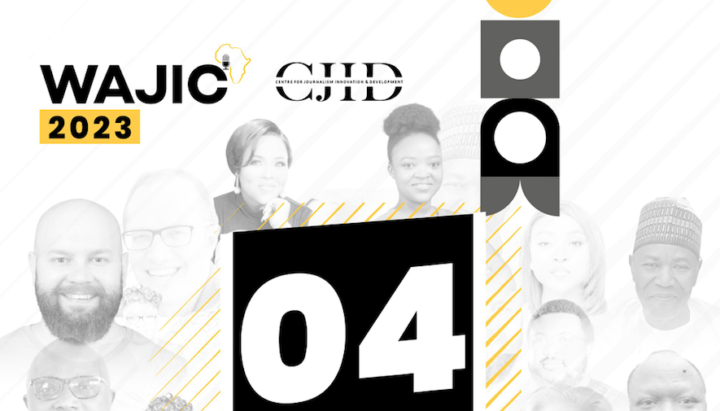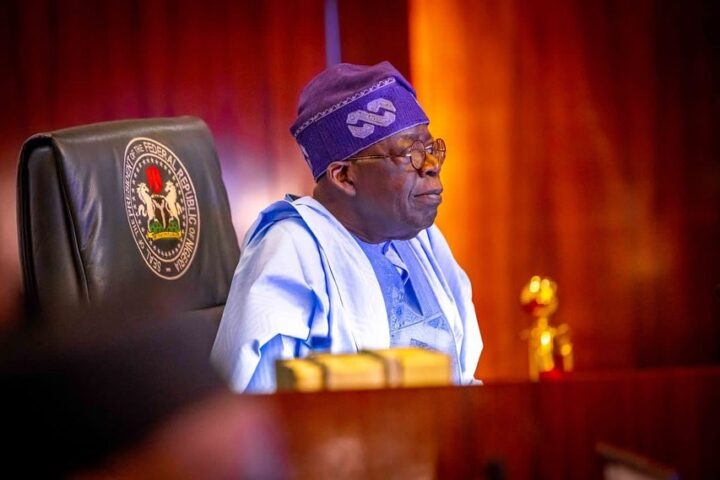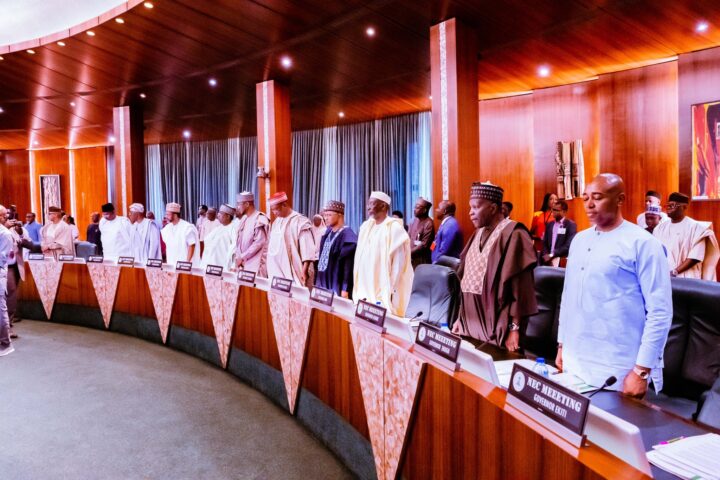The Nigeria Civil Aviation Authority (NCAA) says it will intensify its investigation to establish the root cause of contamination in the fuel tanks of some aircraft.
Musa Nuhu, NCAA director-general, spoke during a meeting with all domestic/international operators, aviation fuel suppliers, and the Nigerian Midstream and Downstream Petroleum Regulatory Authority (NMDPRA) in Abuja on Thursday.
According to Nuhu, the authority began the investigation due to the recent incident of a safety breach where water was found in the fuel tanks of some aircraft in the country.
Last week, TheCable reported that Max Air, a domestic carrier, was indefinitely suspended from operating all Boeing 737 aircraft over unsafe occurrences.
Advertisement
Speaking on preemptive measures, Nuhu said the authority would partner with all relevant stakeholders to identify the gaps to prevent future occurrences and improve safety in the industry.
“The fuel contamination is outside the purview of the aviation ecosystem that is why we have engaged the regulator of the downstream sector,” he said.
“We have been in consultation with NMDPRA because they certify all the oil companies in Nigeria.
Advertisement
“The collaboration has become imperative because of the noticed gaps due to lack of deliberate collaboration between NCAA, NMDPRA, and Federal Airports Authority (FAAN) on fuel quality monitoring.”
Nuhu said NCAA, FAAN, NMDPRA, Nigeria Safety Investigation Board (NSIB), airliners, pilots, fuel depot operators, aircraft maintenance officers, and other stakeholders would be part of a committee that would be set up soon to ensure aviation fuel quality is constant.
“All facets of the aviation fuel ecosystem must be investigated to arrive at the true situation. The investigation is not necessarily to indict anyone but to strengthen safety in the aviation industry,” he added.
“Aviation fuel quality breach has dire consequences and is multifaceted, international in nature, and not limited to scheduled airlines alone.”
Advertisement
On his part, Farouk Ahmed, chief executive officer (CEO), NMDPRA, said the organisation had launched an investigation into the matter, adding that the agency was ready to address the gaps that led to the incidence of adulterated fuel.
“We are all stakeholders and travelers. We took this incident seriously. I directed my colleagues to trace the cause so that whatever steps we will take, we will bring stability, confidence, and improve the safety level,” Ahmed said.
“I can vouch for the quality of the Jet A1 fuel that was imported but I can’t account for what happens when the fuel leaves the fuel depot to the fuel bowser before fueling the aircraft.”
Also speaking, Akin Olateru, director-general, NSIB, said the issue of fuel contamination was grave and ought to be thoroughly investigated, taking into account all possible actors.
Advertisement
According to Olateru, in 2017, NSIB issued safety recommendations that advised the NCAA to launch an independent investigation into aviation fuel quality in Nigeria.
“The NCAA should step up action, oversight the aviation fuel and ensure it is of top quality,” he said.
Advertisement
The agencies, therefore, agreed that the NCAA should develop and publish safety guidelines on aviation fuel for the airlines to implement.
Advertisement






